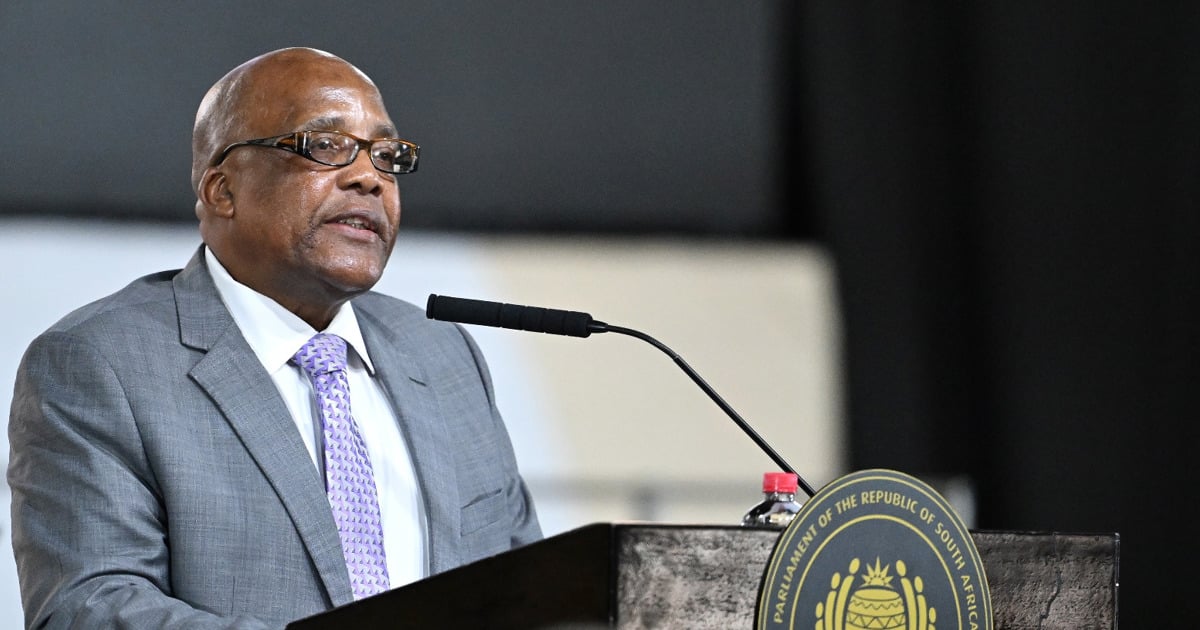Is Public Health Losing Trust? A Growing Number of Experts Question Current Approaches

The Erosion of Trust: A Critical Look at Contemporary Public Health
For decades, public health institutions have been cornerstones of community wellbeing in Australia and around the globe. They’ve guided us through pandemics, championed preventative measures, and tirelessly worked to improve overall health outcomes. However, recent events and a growing chorus of dissenting voices within the public health community are raising serious questions about the direction and perceived credibility of these organisations. A wave of concern is sweeping through the sector, prompting experts to openly challenge established protocols and leadership decisions.
The Protest Backlash and its Repercussions
The recent controversy surrounding protests against lockdown measures served as a stark illustration of the growing divide. While the vast majority of public health professionals condemned these gatherings as potentially harmful and a threat to public safety, a significant number of experts have since voiced concerns about the heavy-handed response and the potential for alienating the public. This has led to an open letter signed by a substantial number of individuals within the field, acknowledging that past condemnations of such protests were perhaps too swift and not sufficiently nuanced.
The letter’s signers, while reaffirming their opposition to actions that demonstrably endanger public health, expressed a need for greater understanding of the underlying anxieties and frustrations driving these protests. They argue that dismissing dissent outright risks further eroding public trust and hindering effective communication during crucial public health crises. It's a recognition that blanket condemnations can backfire, pushing people further into echo chambers and reinforcing a sense of distrust.
Beyond Lockdowns: A Broader Crisis of Confidence?
The debate extends far beyond lockdown policies. Critics argue that public health messaging has, at times, been overly complex, inconsistent, and lacking in transparency. The reliance on modelling and projections, while scientifically valuable, can be misinterpreted or perceived as alarmist, particularly when outcomes differ from initial predictions. There's a growing call for greater clarity, humility, and a willingness to acknowledge uncertainty.
Furthermore, concerns have been raised about the influence of political agendas on public health recommendations. The perception that public health advice is being driven by political considerations, rather than solely by scientific evidence, can severely damage public confidence. Maintaining a firewall between politics and public health is crucial for preserving credibility.
Rebuilding Trust: A Path Forward
Rebuilding public trust in public health institutions requires a fundamental shift in approach. Here are some key steps:
- Transparency: Openly communicating the rationale behind decisions, including the limitations of data and the uncertainties involved.
- Empathy: Acknowledging and addressing the anxieties and concerns of the public, even when they disagree with public health recommendations.
- Collaboration: Engaging with diverse stakeholders, including community leaders, healthcare providers, and even those who question established protocols.
- Humility: Admitting when mistakes are made and being willing to adjust strategies based on new evidence.
- Clear Communication: Avoiding jargon and presenting information in a way that is accessible and understandable to the general public.
The challenges facing public health are significant, but they are not insurmountable. By embracing transparency, empathy, and a commitment to evidence-based decision-making, public health institutions can regain the trust of the Australian public and continue to play a vital role in protecting and promoting community wellbeing. The current introspection within the field is a positive sign - a necessary step towards ensuring a healthier future for all.






